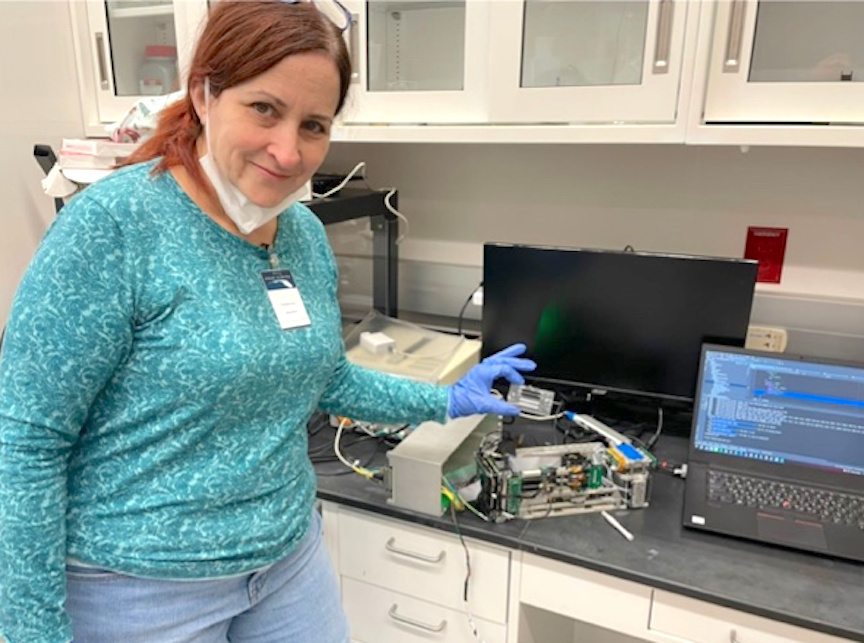
The experiments will delve into a whole new realm and will have to contribute to humanity in some way. They can involve any micro-organism or an insect-sized creature.
Hebrew University of Jerusalem (HU) is launching Israel’s first university course for space medicine focused on drug development research in orbit.
HU Prof. Sara Eyal, a clinical pharmacist who also heads the Space Lab focuses on microgravity and how it affects human biology. Nearly 40 students have enrolled from a variety of disciplines including medicine, pharmacy, nursing, and biology.
“The first class will look at hazards in space such as moon dust and radiation and then they will study space flight history,” Eyal says. “Once they learn about space and space conditions, students will design and plan their own microgravity experiments for research in space.”
The experiments will delve into a whole new realm and will have to contribute to humanity in some way. They can involve any micro-organism or an insect-sized creature.
“Microgravity research is extremely beneficial to enhance our understanding drug targets,” Eyal says. “We know, for example, that extended time in microgravity is associated with accelerated aging processes and diseases. Experiments in space can give us possible new drug targets where we can study how to reverse these processes.”
Therapeutics and protein crystals are more uniform and complete formed in microgravity. These higher-quality crystals help improve structure and help researchers understand protein functionality as well as their role in disease development to improve drug design.
Prof. Eyal’s lab is seeking to partner with other Universities and companies through the Hebrew University’s tech transfer company, Yissum.
